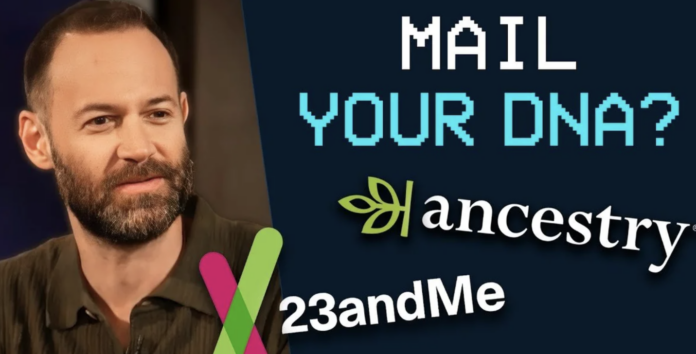Many people send their DNA samples to companies such as 23andMe or AncestryDNA to discover long-lost relatives, to learn about their genetic dispositions, and to become more informed about possible health problems. All good.
People who give these corporations their genetic code may end up getting more than they bargained.
James Poulos and geneticist Razib K Khan discuss “the honest truth” about the developments in genetics research, as well as the implications of sending DNA to companies of this type.
“If you care about your privacy, don’t do it,” he says. “Don’t listen to the assurances that they give. This is the honest truth.
He continues, “There were some problems with China.”
Khan claims that China, after investing heavily in the field of genomics (a relatively new study) which emerged around twenty years ago, has “created an genomic superpower”.
He mentions companies such as “Novogene” (which [operates] out of the United States) and “the data security issues” that were swept under the carpet.
There were issues with American firms that used [Novogene] machines. He explains that there is evidence that some data was sent to China.
“From what I understand, [China] has a lot American genomes.”
It seems that we shouldn’t be only concerned with the data on our phones.




